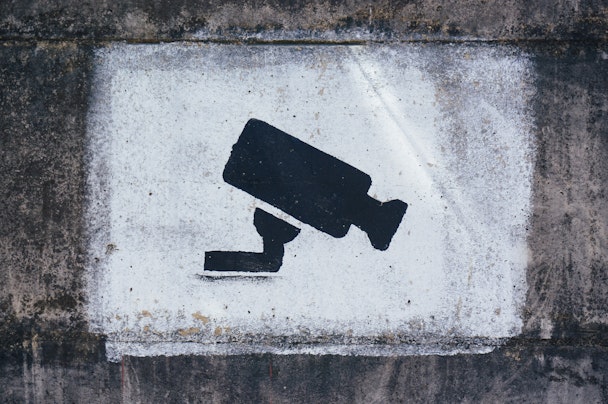Online Safety Bill paused after Boris Johnson resignation
The UK government’s controversial Online Safety Bill has been delayed. The bill, seen as one of the Johnson government’s flagship endeavors, looks likely to be held and potentially significantly retooled following the prime minister’s resignation.

The Online Safety Bill has been controversial for its conflation of several different issues around privacy and online behavior / Tobias Tullius
The bill is nominally in service of putting the responsibility for protecting users online on the backs of platforms and social networks. It created controversy early on by handing Ofcom power to directly fine companies that hosted ‘lawful but harmful’ content. While this approach was lauded by child safety activists, it was noted that in practice this would have privacy implications and was potentially unworkable.
Christie Dennehy-Neil is head of policy and regulatory affairs, IAB UK, said: "Following the news that the next Parliamentary stage of the Online Safety Bill has been delayed, we at IAB UK are continuing to urge the Government to remove fraudulent advertising from the scope of the Bill on the basis that it is already set to be comprehensively addressed as part of the Online Advertising Programme.
"From the outset we have argued that duplicating the focus on scam ads across both programmes creates unnecessary regulatory fragmentation and risks constraining proper policy development. Scam ads should be tackled in a direct, targeted way through the OAP and in tandem with law enforcement. We will be continuing to push for this outcome once the new leader of the Conservative Party is in place and we have more clarity on the future of the Online Safety Bill."
For instance, it was noted that the bill appeared to misunderstand the mechanisms and reasons behind end-to-end encryption. This has long been a criticism of the government by privacy campaigners, who argue that changes designed to remove the privacy offered by encryption and anonymity make vulnerable people more open to discrimination and harm.
It was also pointed out by privacy campaigners that an exemption for ‘publishers’ was nebulously worded and would allow some bad actors to avoid scrutiny anyway. Dr Heidi Beirich is co-founder of Global Project Against Hate and Extremism. She said: “The government must remove the harmful carve-outs that threaten to render this bill unworkable, and worse than not having new regulation at all. The media and speech of democratic importance exemptions are poorly drafted, open to abuse and should be removed entirely. Furthermore, paid adverts must be brought fully in scope.”
Because of the disruption caused by Johnson’s resignation, the bill is unlikely to move through the House of Commons before MPs retire for the summer break. A parliamentary staffer confirmed to Politico that the bill was likely one of the casualties of the disruption and would now not be put to the Commons before July 21.
One of Johnson’s possible successors, former Equalities Minister Kemi Badenoch, has been critical of the bill, stating that the government should not be “legislating for hurt feelings.”
The bill has gone through a number of changes already. In March its remit was expanded to put more emphasis on the responsibility of platforms to remove scam ads upon its second reading. At the time Martin Lewis, founder of Money Saving Expert, said: “The government now accepting the principle that scam adverts need to be included, and that firms who are paid to publish adverts need to be responsible for them, is a crucial first step.
“Until now, only user-generated scams were covered – which risked pushing more scam ads, incentivizing criminals to shift strategy. Yet it is a complex area. Now we and others need to analyze all elements of this new part of the bill, and work with the government and parliament to close down the hiding places or gaps scammers can exploit.”
The conflation of a number of issues into one bill has made it open to criticism from all sides. The delay is unlikely to kill the calls for changes to make platforms more responsible for the content they publish, however, and other issues around scam ads online are endemic to discussions around internet legislation. Even if the bill is delayed, the marketing industry and privacy campaigners are likely to have more to consider when it is brought back later.

